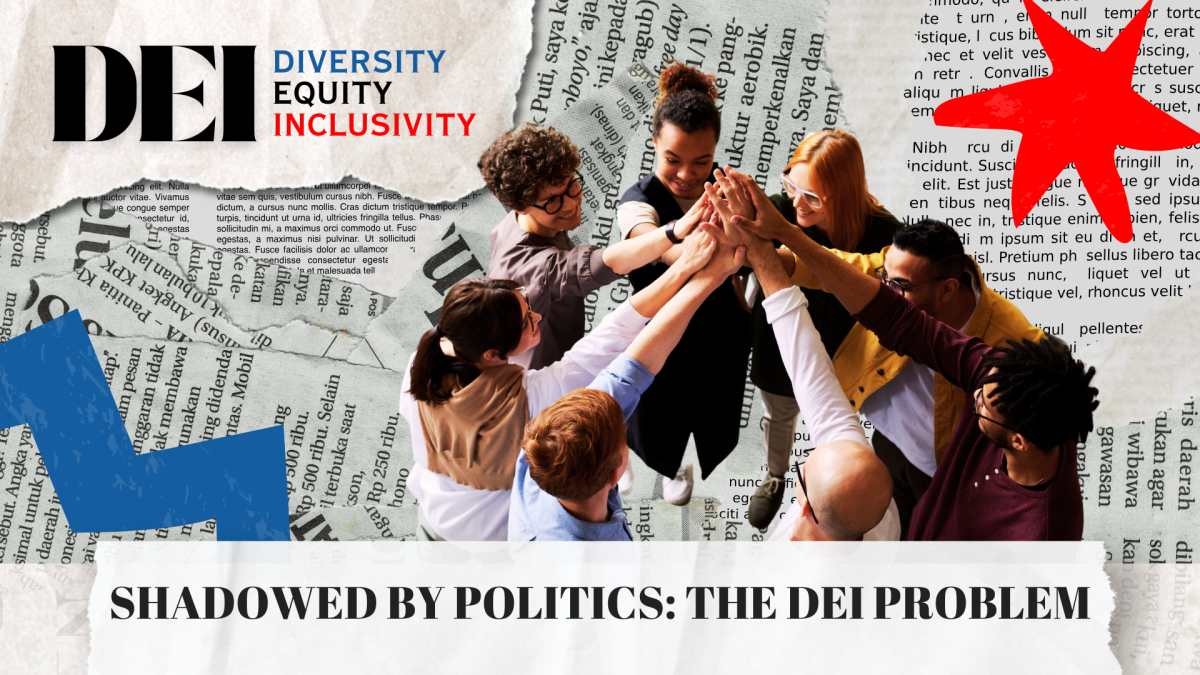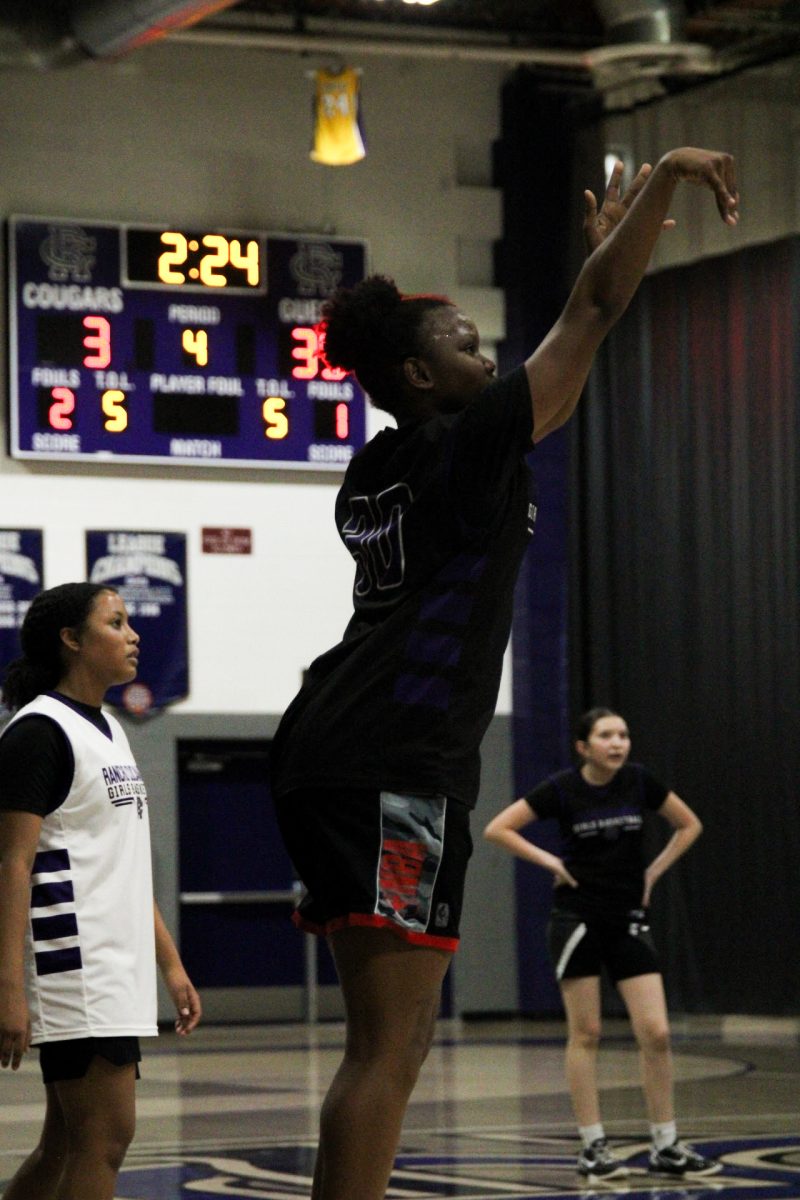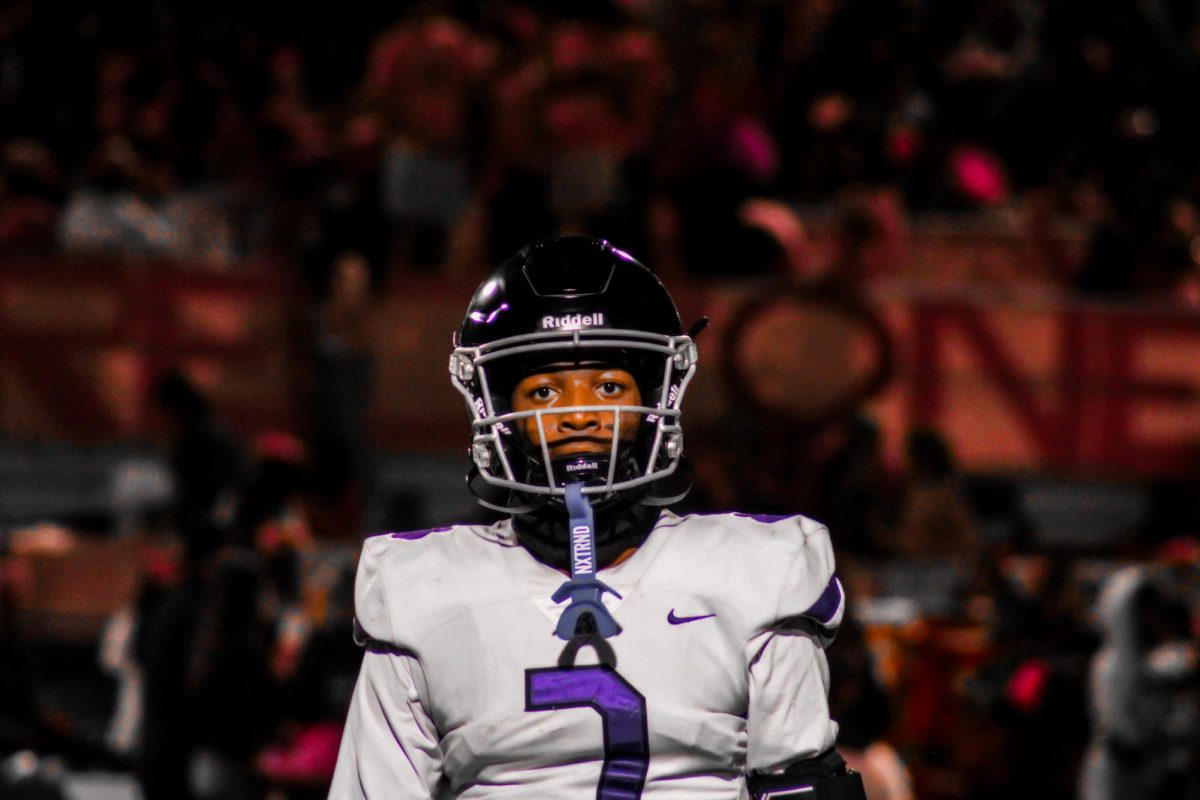DEI, otherwise known as Diversity, equity, and inclusion as it is called, was an initiative for equality that stemmed from the civil rights movement of the 1960s, an initiative that has now evolved to a bigger umbrella of current modern day issues.
From race and minority groups to gender orientation and current day feminism, DEI has evolved into a system that targets helping groups of people that are under represented, or has it?
In recent years it’s become one of the most influential and controversial topics of our time, and I’m here to say why I disagree against it. Because DEI, which was used to provide opportunities and equal representation for others, now undermines its very purpose by censoring groups that we currently think of as overrepresented or overtaking positions that could go to minority groups. While racism is still very much an issue in society, bringing “awareness” to it only explodes the issue beyond proportion, essentially making issues out of problems that do not need such an exaggerated solution.
And I say this being someone who completely supports having equality and inclusion within the workforce. But there lies a difference between inclusion and straight up being unfair to a majority that has dominated a certain sector of anything for decades. The defining movement of equity has flipped on itself, as target demographics that seem to be underrepresented go on to discriminate against members of society that seem “too successful” or over-appropriated within culture: An entirely different conception of racial injustice that is deceitful rather than helpful.
In simpler terms, DEI advocates have now become the messengers of their oppression, meaning that rather than taking actual action, they further express their own or others’ victimhood. A shifted focus where merit and qualifications take a backseat to identity politics, thus leading to the satire take of DEI called “Didn’t Earn It”.
This shift has created a paradox within culture: In an attempt to address historical inequalities, DEI initiatives often implement policies that prioritize race, gender, or other identity factors over individual merit. This doesn’t just affect majority groups—it also undermines the credibility of those who are hired or promoted under DEI-driven policies. If an individual secures a position primarily due to meeting diversity requirements rather than qualifications, it fosters resentment and calls into question their legitimacy, even if they were fully capable of excelling in that role.
To me, it doesn’t matter whether someone is a certain skin color or orientation, as it’s the content of their character and individual competence that counts. And DEI now having become a politicized narrative of identity politics, unintentionally seeks to undermine the common sense way of hiring and educating the public.







